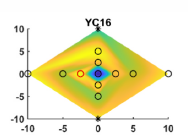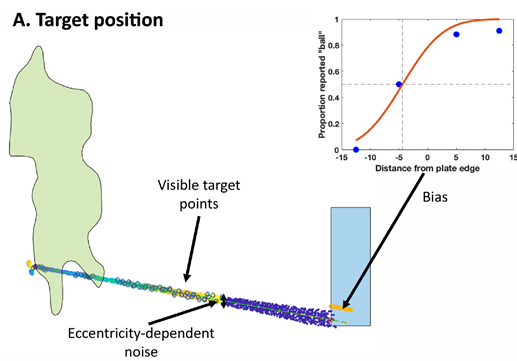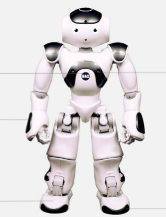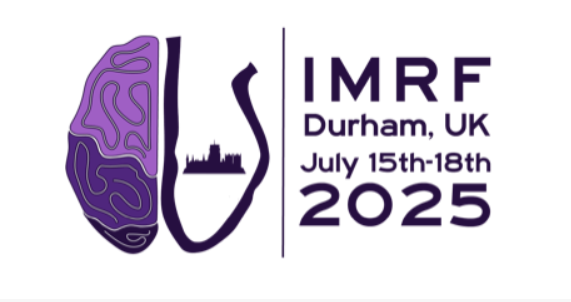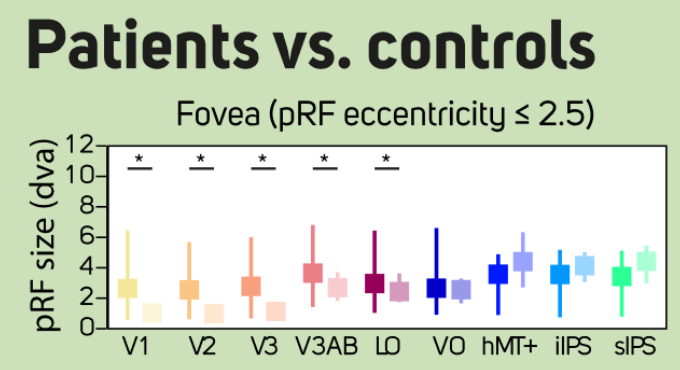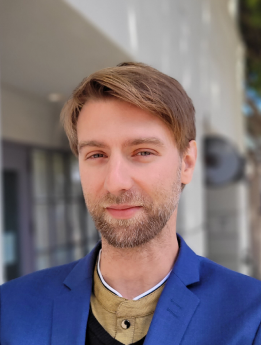
Ph.D.
I am a scientist in Cognitive Sciences (Psychology & Neurosciences), specialized in perception and learning. My goal is to understand how we learn to see the world with two eyes, and fail to, and more generally how we grow cognitive skills, and lose them, and how the brain changes when that happens.
I am particularly interested in:
- binocular vision (such as 3D-stereoscopic vision) and its many ways to fail (aging, amblyopia, stereoblindness, binocular rivalry)
- creating new diagnostic tools for amblyopia and stereoblindness
- the usefulness of stereovision in everyday life and in avoiding falls, particularly in aging
- recovery from 3D-stereoblindness
- brain plasticity, for example in amblyopia, and amblyopia treatments
- the effects of screen (TV, internet, video games…) on cognition, in children or adults
- what human activity can improve learning in general (video gaming? meditation?) and why does it work
Here at Smith-Kettlewell, I am investigating binocular rivalry dynamics in people with amblyopia, with the goal of understanding the underlying mechanisms and of using abnormal dynamics as a diagnostic tool for amblyopia. I am also involved in projects aimed at understanding the locus of stereovision in amblyopia and to relate it to vergence abilities or to interocular suppression across the visual field.
To reach my objectives, I use psychophysics, fMRI, EEG, video games, models, robots, virtual reality and I conduct reviews and meta-analyses.
Short Bio: I have a background in general Psychology and Cognitive Sciences. I completed my Ph.D in Psychology at Université Paris Descartes about binocular rivalry and ambiguous perception. I conducted research in the universities of Paris, St. Andrews, Vanderbilt (Nashville), Oxford, UC Berkeley, Geneva, and I am now at Smith-Kettlewell.
Contact Information:
Email: adrien.chopin@gmail.com
Email: achopin@ski.org
Office Phone: 415 345 2064
Smith-Kettlewell
San Francisco, CA

